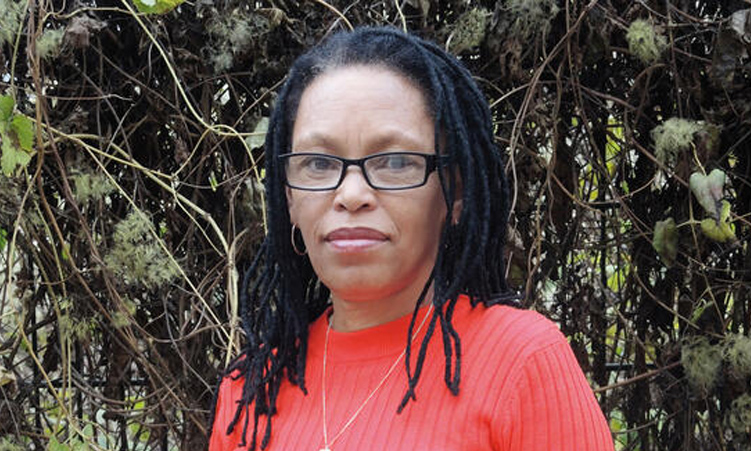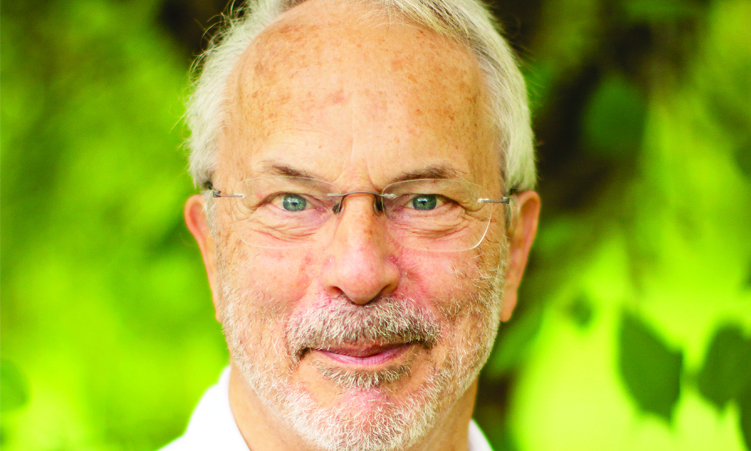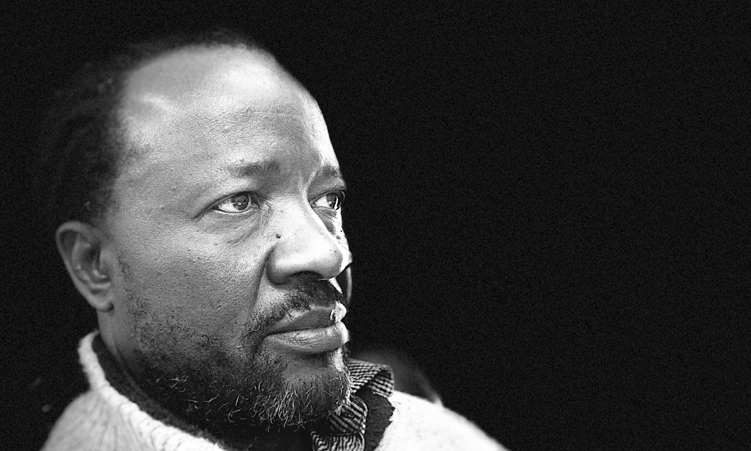In 2015, Germany reluctantly and half-heartedly conceded that a genocide was committed between 1904 and 1908 in its former colony, South West Africa, albeit in denial of any legally valid consequences for the admission of guilt.
In May 2021, bilateral closed door negotiations with the Namibian government resulted in the initialling of a Joint Declaration.
It was dubbed a ‘reconciliation agreement’ in the German government’s coalition agreement of December 2021.
This euphemism was retracted in response to an interpellation in the German parliament on 12 October 2022.
UNFINISHED BUSINESS
However, because of vehement protests by Namibian civil society and opposition parties in the National Assembly, the declaration has not been ratified.
On 27 October 2022, vice president Nangolo Mbumba, responsible for overseeing the negotiations, declared the need for revisions.
These included the agreed amount of 1,1 billion euros in compensation, full and unreserved recognition of the genocide, acknowledgment of reparations, and the involvement of descendants of the victim groups in the diaspora.
However, the elephant in the room remains: The relevant local agencies of the descendants of the communities subjected to genocide, the Ovaherero and Nama, and also the Damara and San, are still excluded from the negotiating table.
On 9 November 2022, the German government declared in parliament that there wouldn’t be new negotiations to change the declaration, but expressed willingness to accommodate some grievances through an addendum.
The results are not known. How they could pave the way for an amicable solution remains a mystery.

NEW DYNAMICS
Since then, those opposed to such a deal have taken further action.
In January 2023, the Ovaherero Traditional Authority, the Nama Traditional Leaders Association, and the Landless People’s Movement, the second largest opposition party in the National Assembly, took their case to the Windhoek High Court.
They claim the negotiations violate Namibia’s Constitution and a resolution adopted by parliament in 2006 as the descendants of those directly affected by the genocide were not included in the negotiations.
Their objections were supported in letters submitted on 23 February 2023 by seven Special Rapporteurs of the United Nations Human Rights Council to both governments.
They criticise that there is no legal recognition of genocide in the Joint Declaration and omits a full confession of guilt and reparations.
Further, the bilateral negotiations violated the United Nations Declaration on the Rights of Indigenous Peoples, voted for by both Germany and Namibia.
Adopted on 13 September 2007, it stipulates that “indigenous peoples have the right to participate in decision-making in matters which would affect their rights, through representatives chosen by themselves”.
The rapporteurs also observed that there was insufficient remembrance of the crimes committed.
Unsurprisingly, the Namibian and German governments (on 30 May and 1 June 2023 respectively), dismissed the criticism, ignoring relevant perspectives of international legal norms questioning the all too convenient references to the intertemporal principle (i.e. laws in effect at the time).

DENIALISM
Despite the admission of genocide (notably “from today’s perspective”) and some words of remorse, the declaration avoids the full consequences of taking responsibility.
It is the continued doctrine of an apology without damage payment as coined by Germany’s foreign minister, Joschka Fischer, some 20 years ago.
As a soft version of denialism, it offers no true reconciliation.
The Joint Declaration is a refurbished version of asymmetric power relations, with Namibia as the junior partner and accomplice.
Far from seeking inclusivity, it agrees that “Germany apologises and bows before the descendants of the victims … The Namibian government and people accept Germany’s apology.”
But the people have never been asked. German-Namibian bilateral interaction remains a story of the ‘white saviour’ and aid recipient.
Policy with history translates into development for the Namibian state.
As descendants of the communities mainly affected by the genocide declare: If it is not with us, it is against us.
Unless both governments re-open negotiations in a process that is transparent and inclusive of all, giving voice and co-ownership to the descendants of those directly affected, true reconciliation remains a distant dream.
As it stands, the Joint Declaration is a betrayal of justice. It adds insult to injury. Shame on you, Germany, and shame on you, the Namibian government.
- Sima Luipert is an activist in the Nama Traditional Leaders Association Technical Committee on Genocide and the great granddaughter of a Shark Island Concentration Camp survivor.
- Henning Melber came to Namibia as a son of German immigrants and joined Swapo in 1974.
- Jephta Uavavaera Nguherimo is an author and founder of the OvaHerero People’s Memorial and Reconstruction Foundation.
– This text has been drafted for publication in the German journal Development and Cooperation (D+C).
Stay informed with The Namibian – your source for credible journalism. Get in-depth reporting and opinions for
only N$85 a month. Invest in journalism, invest in democracy –
Subscribe Now!







